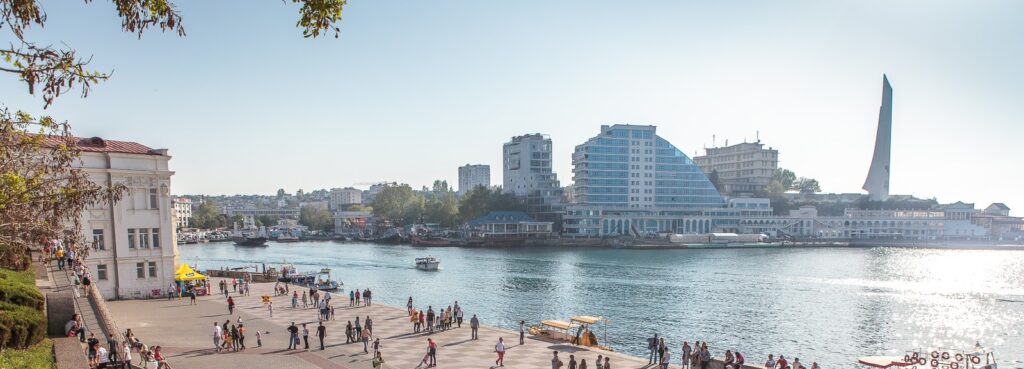

What do Crimea and the Internet have in common? They have both become the terrain of political struggle. And the protagonists are pretty much the same. To be geographically inexact about it, East vs. West, well in Europe. Refusing to condemn Russia’s seizure of Crimea is China. On the other side of the fence, the usual Western allies line up behind the USA. Similarly, Internet governance has become a political football between “Authoritarian” and “liberal Democratic” states, with the former mobilizing their forces inside the ITU in the name of “multilateralism” and the latter supporting ICANN’s bid for independence in the name of “multi-stakeholder interests”.
But there is a difference, and a big one. The majority population of Crimea is Russian speaking and do seem genuinely to prefer to be part of Russia than the Ukraine, as the Crimea once was. Mr. Putin made his case with the argument that the transfer of the Crimea to the Ukraine in 1954 was on the assumption that Ukraine would remain part of the old Soviet Union, an “all for one and one for all” political pact. Placing strategic military assets, such as Russia’s Black Sea naval base in Ukrainian Crimea, was, therefore, not seen as a weak move. A Ukraine leaning towards the EU and possibly towards NATO makes a world of difference. For non-Ukrainians, the manner of its taking is a major cause for concern, and a stark reminder that the ways of state-building are, at the end of the day, always affairs of force majeure. Mr. Putin’s mission in life seems to be the reconstruction of a Greater Russia, which makes eminent sense to a man who sees his place in history alongside Peter “The Great” and who lives in a world in which super power status is now seen as a shifting balance between the waning of US power and a rising China. Prediction: the US will be tempted to turn increasingly towards German and Japan to rearm and share its “burdens”.
In the case of the Internet the undisputed majority in all nations yearns for freedom to access and to use it as they wish. For the most part, this is not an ideologically driven aspiration, not an “imagined community” that personally identifies with “The Internet” – although there is such a minority – but rather billions of ordinary folk for whom the Internet has become an essential part of how they live, work, play and communicate. Therein lies the dilemma for the Authoritarians. How to control the use of the Internet, not so much access but usage, and rein in dissent, whistleblowers and exposure of wrongdoing by the powerful without undermining the digital economy and digital society? The “War Against Terrorism” is helping their cause, because as the NSA (and its allies) has amply demonstrated, the “War Against Terrorism” can be used to justify just about any intervention. But in their push to gain control, or at least significant influence, over Internet governance, the “Authoritarians” cannot claim they are meeting the needs of their people. They are only meeting the needs of their state, the need to protect themselves against their citizens, and in this, there is common ground, if not agreement, between the two sides, the “Authoritarians” and the “liberal Democracies”.
Of course, put like this, it sounds like democracy is a sham. It isn’t, not yet at least. It is by a large degree, a more open and transparent and therefore more equitable social arrangement. It represents a model of dispersed rather than concentrated power, again to a degree. And degrees are all that there are, degrees of freedom, degrees of reason, degrees of anything. For the future of the Internet, the issue is therefore really about democracy by degrees, or rules by decrees.